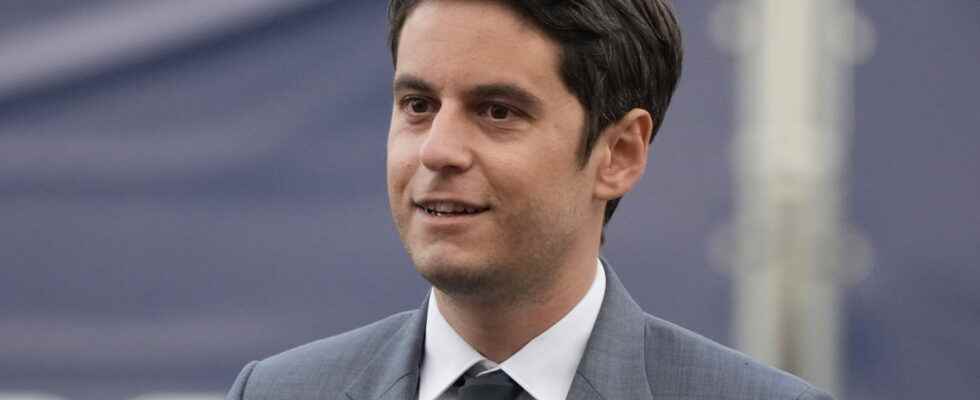PURCHASING POWER LAW. The government is expected to present the Purchasing Power Bill in the coming weeks. When ? What measures? We take stock.
[Mis à jour le 13 mai 2022 à 15h15] In an attempt to fight against galloping inflation (+4.8% in April 2022 over one year) which is cutting into the purchasing power of French households, the executive is working on an amending finance bill (PLFR). A maneuver that should be presented after the legislative elections, as announced by the government spokesman, Gabriel Attal this Wednesday, May 11 after the last council of ministers of the government in place. As a reminder, these legislative elections will take place on Sunday 12 and 19 June. Among the expected proposals, we find certain promises of Emmanuel Macron hammered during his presidential campaign such as the establishment of a food voucher, or the tripling of the exceptional purchasing power bonus.
For the moment, this project remains to be taken with tweezers. It is totally suspended on the results of the legislative elections next June. Indeed, the slew of measures promised by Emmanuel Macron and his government remains subject to the dynamics that will emerge from the ballot. Will La République En Marche win a majority? This is the main question. If this is not the case, the project could be widely called into question, or even completely abandoned. In the event of cohabitation, it is difficult for the Head of State to have this project voted on and applied. Response on June 19 during the second all of the legislative elections.
The rise in consumer prices is expected to continue in the coming months. INSEE predicts an increase between 5% and 5.4% next May, enough to push the government to act, by proposing a salvo of measures to try to support modest households and low wages. In this sense, several proposals already mentioned by the executive for many weeks should indeed come into force. Here they are :
- Food voucher: its amount could reach 60 euros and should benefit young people aged 18 to 25, as well as low-income families with children. The measure could concern 8 million people in France with the aim of allowing low wages to consume French, organic, and preferably in short circuits.
- Macron bonus: the Head of State intends to triple the amount of the exceptional purchasing power bonus to reach up to 6,000 euros in certain cases. It concerns employees whose salary does not exceed 3x the minimum wage.
- RSA: the active solidarity income should be conditional on a minimum of activity on the part of the beneficiaries. The most likely track remains 20 hours of training per month. A way for the executive to promote the return to employment.
- TV fee: it was a campaign promise the audiovisual fee will be abolished in 2022. Its amount was 138 euros in mainland France and 88 euros in Overseas for each household with a television.
- Indexation of pensions to inflation: In addition to the introduction of a minimum pension of 1,100 euros, Emmanuel Macron wishes to index retirement pensions to the level of inflation to take into account the sharp rise in prices which should be durable.
- Fuel bonus: the government could extend the discount of 18 cents on a liter of fuel, and even set up new, more targeted aid for those who have no choice but to use their vehicle to get to their workplace.
As announced by the government spokesman Gabriel Attalthe various measures forming part of the purchasing power law should be announced “after the legislative elections“. A way of respecting the timetable set by Emmanuel Macron and his various media releases, regularly announcing the implementation of these measures by the summer.
